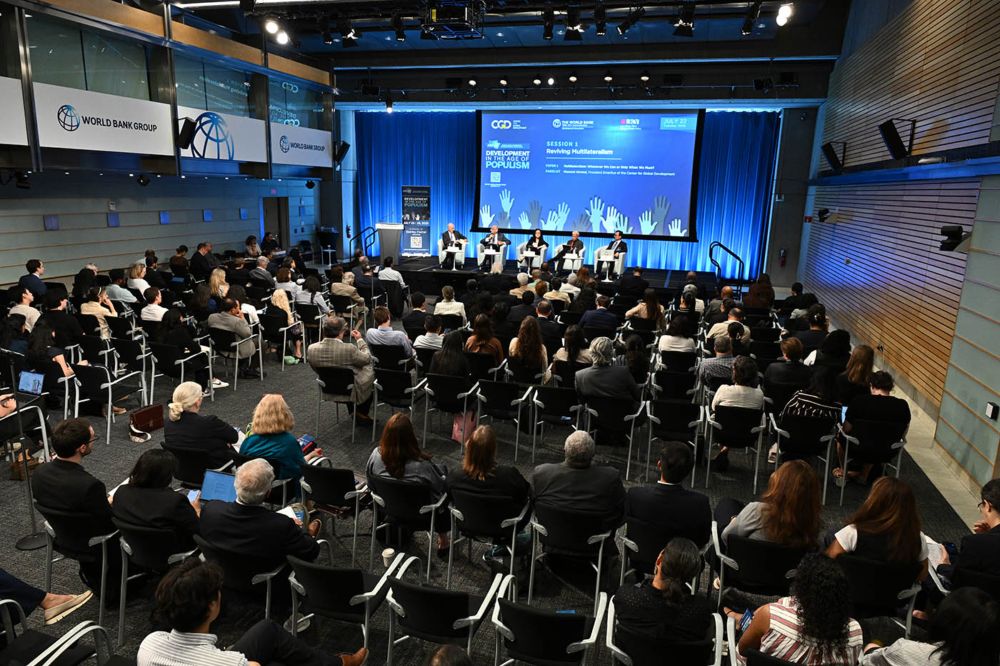
World Bank-Development Research Group(personal account). CIFAR, @cgdev.org. Economist who mixes disciplines and methods. Hindustani music. https://www.vijayendrarao.org/
Honored to be joined by Nandini Krishnan, Robin Mearns & Deon Filmer.
🎥 worldbank.org/en/events/2025/11/18/policy-for-the-people
In Bangalore
Grateful for the journey — and excited for what’s next.
After 26 years in the World Bank’s Development Research Group, I have decided that it’s time for me to move on.
Reposted by Vijayendra Rao, Michael A. Clemens

Following the conference, @eeshani.bsky.social shares what we learned—and didn’t—about populism & poverty in LMICs:
www.cgdev.org/blog/populis...

For 35 years, she’s transformed a barren patch near Bangalore into a biodiverse, biodynamic sanctuary.
This stunning film by Good Food Movement captures her journey. youtu.be/W1XA-KOgKoA?...

It makes the case for listening carefully to what people say—especially when the numbers look good.
📄 Read it here: documents.worldbank.org/en/publicati...
1️⃣ Growth is not enough.
2️⃣ We need to protect people from the market’s vagaries.
3️⃣ Reconnecting economic and social life is critical—especially amid rising populism.
Open-ended conversations reveal the lived experiences and emotional undercurrents that data alone can’t capture.
More money doesn’t buy better lives when education, housing, health, and leisure become rationed by class, and social networks fragment under economic strain.
It prioritizes individual mobility over collective well-being—leading to anomie, congestion, and declining access to formerly free public goods.
There, people seemed more attuned to relative rather than absolute income—and less affected by what Fred Hirsch called “positional competition.”
What we heard:
▪️ “Imbalance” between income & living costs
▪️ Reliance on multiple jobs
▪️ Rising debt
▪️ Stress & social disconnection
▪️ Ethnic polarization
✔️ High growth
✔️ Sharp poverty reduction
✔️ Falling inequality
But what do people themselves say about this progress?

In an age of populism, we need to ask what policy misses when it focuses solely on growth.
A thread on our paper: Is There an Underside to Economic Growth? 👇
📄 documents.worldbank.org/en/publicati...


